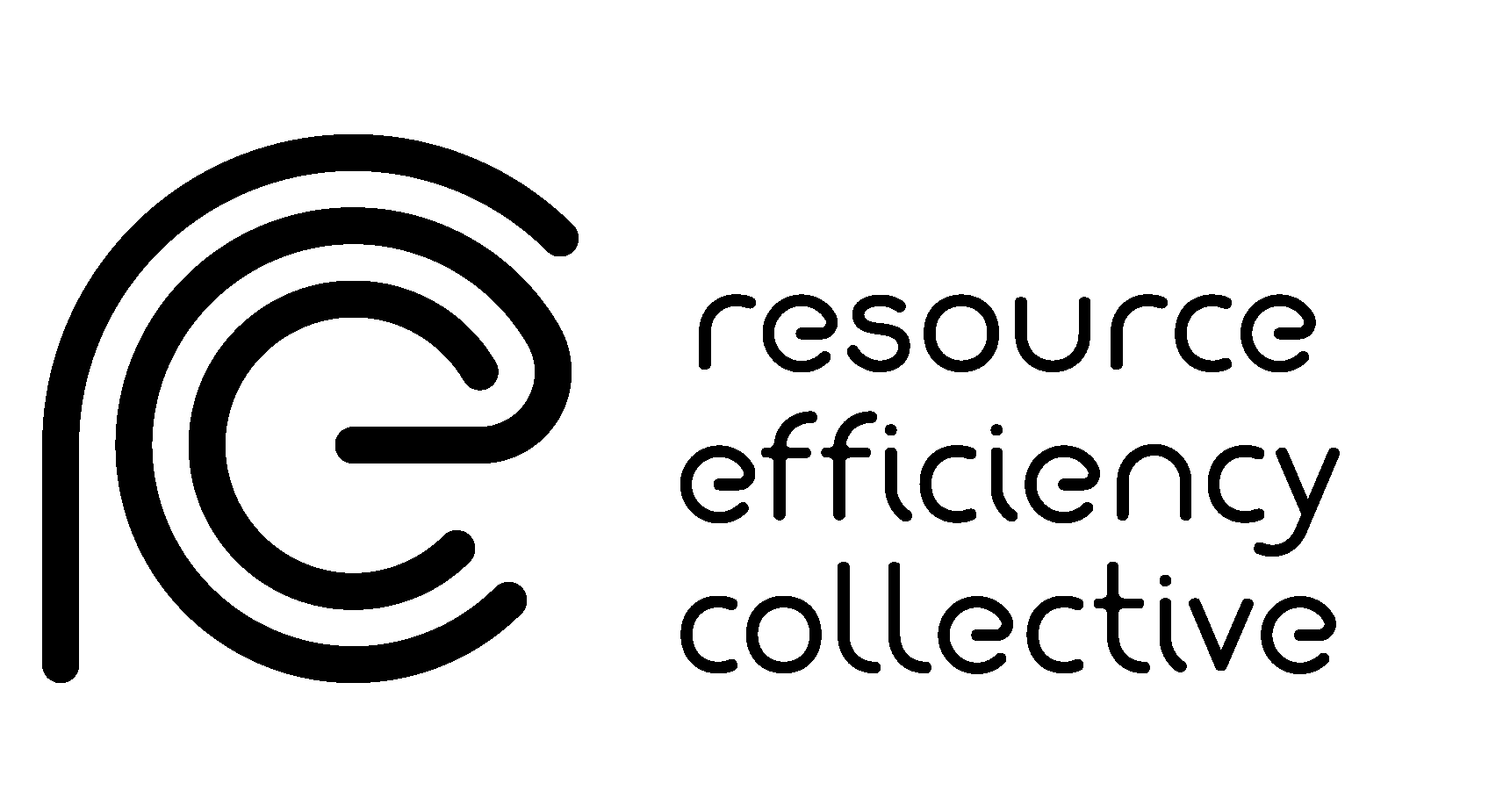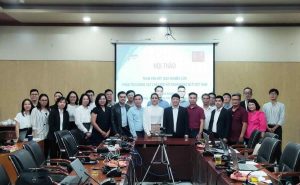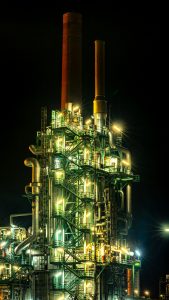The UK-China Carbon Neutrality Forum
Following COP26, the world is focussed on four key topics to tackle climate change: mitigation, adaptation, finance, and collaboration. The UK-China Carbon Neutrality Forum was held on Saturday 27th November, organised by Yunhu Gao and Refficiency’s Fanran Meng. This forum addressed the mitigation topic under the wider theme of collaboration: working together to achieve more action and hence greater emissions savings. The forum comprised four keynote speakers, including Refficiency’s Jonathan Cullen, presenting on a range of carbon neutrality topics and a subsequent discussion of global collaboration with an emphasis on the UK and China.
Professor Huw Dixon from Cardiff University focussed on the differences in the economic states of the two countries. The UK is a service-based economy in stagnation since the 2008 financial crisis. Conversely, China is the manufacturing powerhouse of the world with a fast-developing economy and a narrow gap from innovation to market. Leadership decisions and investment in China have created leaps forward in innovation and cost of low-carbon technologies such as solar PV, electric vehicles (EVs), Li-ion batteries, and wind technologies. Though economically divergent, both countries share common interests in reducing emissions. Despite China being the largest emitter of CO2 by total, China’s per capita emission rate is around the same as the UK. However, China’s emission total is inclusive of those from the manufacture of the vast number of products exported for use in other countries.
The next speaker, Professor Xin Xiao from the Chinese Academy of Sciences, spoke of the importance of low-emission hybrid technologies to bridge the gap to zero-carbon technologies. China aims to peak emissions by 2030 and reach net zero by 2060. Prof. Xiao’s example hybrid technology was the use of duckweed, a fast-growing aquatic plant that thrives in wastewater globally and has a productivity of up to 10 times that of corn. Duckweed cleans wastewater, can be used as a biodiesel, and can make syngas in conjunction with coal. It is cost competitive and would significantly reduce CO2 emissions.
Professor Mao Ye from the Chinese Academy of Sciences highlighted the importance of national energy restructures to limit wasted energy. In UK and Chinese energy and material supply chains, the systems for different energy sources are isolated. This issue is particularly critical for China, with a complex system of component systems spread over vast physical distances. The systems can be coupled in their utilisation of energy storage and share of by-products and heat.
Refficiency’s Dr Jonathan Cullen highlighted the need to focus on demand-side mitigation options as well as supply-side options such as the duckweed project undertaken by Prof. Xiao. Can we use less energy and materials to produce the same energy services, whilst reducing emissions and the need for such large supply-side investment? Demand-side mitigation strategies take effect immediately, mitigating the need for negative carbon technologies such as Bioenergy with carbon capture and storage (BECCS) in the future. Dr Cullen also highlighted the requirement to allow the global south to increase their wealth and quality of life to well above the access and poverty thresholds during this energy transition.
In the post-COVID energy crisis, we require robust planning of pathways to carbon neutrality. New energy sources must be in place before fossil fuel-based sources are closed. COVID has shown that consumer behaviours can change very quickly. In the current global environment, collaboration is very important to reach carbon neutrality. China is initiating more and more actions for international collaboration. In the space of supply and demand, there is a lot of learning that can happen between the UK and China. Collaboration must extend from academia to businesses, introducing new low-carbon ventures in the UK from China and vice versa. The important step is to bring new technologies to national and international markets. Markets will not adopt new low-carbon technologies or policies without incentives from governments. Governments must also allow for households and firms to adapt to these changes. By cooperating and learning from each other, the UK and China can move faster than they would be able to alone.
Photo credit: Dan Meyers













